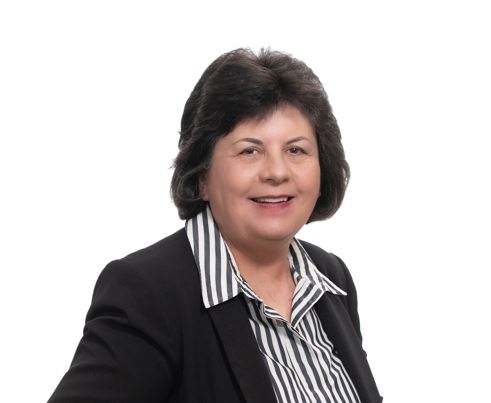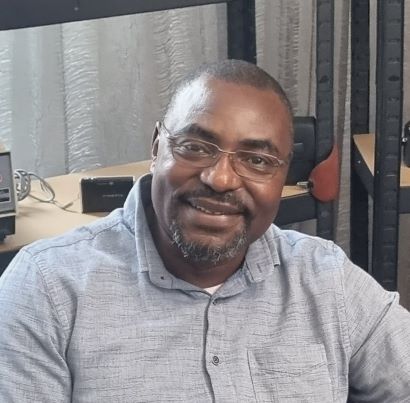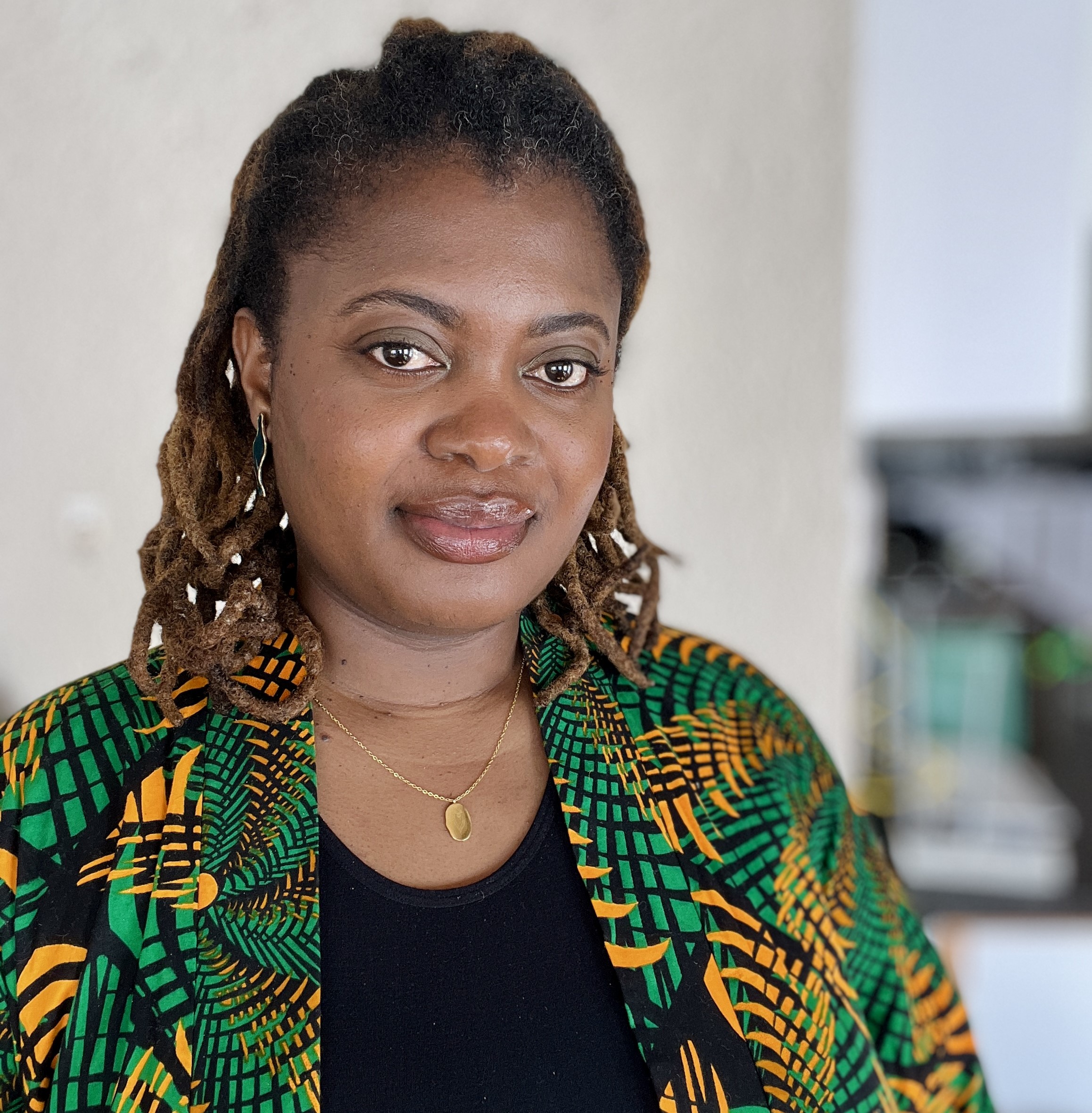Engaged Research as a Pathway to Bridging Knowledge and Society

Dr Martina Jordaan
The practicalities of community-engaged research: what works (Keynote speaker, Day 2, Panel 1)
Dr Jordaan is the Head of Community-Based Research at the University of Pretoria (UP), Mamelodi campus. She holds a PhD in History from UP and a Master’s in Development Studies from the University of the Free State. Her research centres on community engagement and service learning, including a recent project with the Historical Society of Mamelodi to digitally preserve the township’s history.
She has experience at the Gauteng Department of Education in the Tshwane South District, supporting early childhood practitioners and school staff. Since 2004, she has coordinated the compulsory Community-Based Project Module for undergraduates in the Faculty of Engineering, Built Environment, and IT at UP and later served as Head of Community-Based Research at the Mamelodi campus.
Dr Jordaan is senior editor of the Journal for Applied Research in Higher Education, editor of HETL Frontiers magazine, and country director for the Higher Education and Teaching and Learning Association. She has published widely on community engagement and service learning and has been recognised with multiple awards at institutional, national, and international levels.

Prof Edmore Marinda
Measuring what matters: Evaluating the impact of engaged research (Keynote address, Day 3 morning)
Prof Marinda is Professor of Biostatistics and co-director of the South African Medical Research Council and the University of Johannesburg (UJ) Pan African Centre for Epidemic Research (PACER). The Centre conducts research on human epidemics with local and international partners and hosts 15 PhD candidates and one post-doctoral fellow.
With over 30 years of academic teaching and research experience, Prof Marinda’s work spans clinical trials, national health surveys, and evaluation of health programmes. Key projects include co-principal investigator of the South African National HIV sero-behavioural surveys (SABSSM V & VI), co-principal investigator of the South African National COVID-19 sero-prevalence survey, and senior biostatistician on the Zimbabwe Vitamin A for Mothers and Babies (ZVITAMBO) clinical trial. His expertise includes biostatistics, epidemiology, public health, health economics, policy, systems strengthening, and impact evaluation.
Before joining UJ, he served as acting Divisional Executive/Research Director at the Human Sciences Research Council’s Impact Centre, Research Evaluation & Monitoring Team Leader at Mott MacDonald, and senior biostatistician at the University of the Witwatersrand (Wits). He holds a PhD in Biostatistics from the Wits, an MSc in Medical Statistics from the University of Newcastle, Australia, and Master’s and Honours degrees from the University of Zimbabwe.

Chenai Chair
Engaged research in the age of technology (Keynote address, Day 2)
Ms Chair is Director of the Masakhane African Languages Hub. She is an internationally recognised research and policy specialist whose work bridges digital rights, AI ethics, and feminist approaches to technology.
She holds a Master of Social Science in Global Studies (University of Cape Town, 2014). Her expertise lies at the intersection of gender, technology, and social justice, with a focus on digital rights, data governance, and the ethical implications of AI through feminist and decolonial lenses.
Ms Chair’s contributions include leading the Masakhane African Languages Hub as a global leader in African language AI. She has led flagship initiatives at Research ICT Africa, the World Wide Web Foundation, and most recently Mozilla Foundation where she led the Africa Mradi – Mozilla’s strategic interventions of supporting innovation on the continent. She also led the East African Languages work under Mozilla Common Voice. She founded – My Data Rights (Africa) – a project that centers feminist perspectives in data governance and AI ethics. Through My Data Rights, she is leading efforts in network-building, knowledge curation, and collective action.
Chenai has authored numerous influential research papers, policy briefs, and thought leadership articles. Through her writing, speaking, and advocacy, she continues to shape inclusive, feminist approaches to AI and digital governance.
